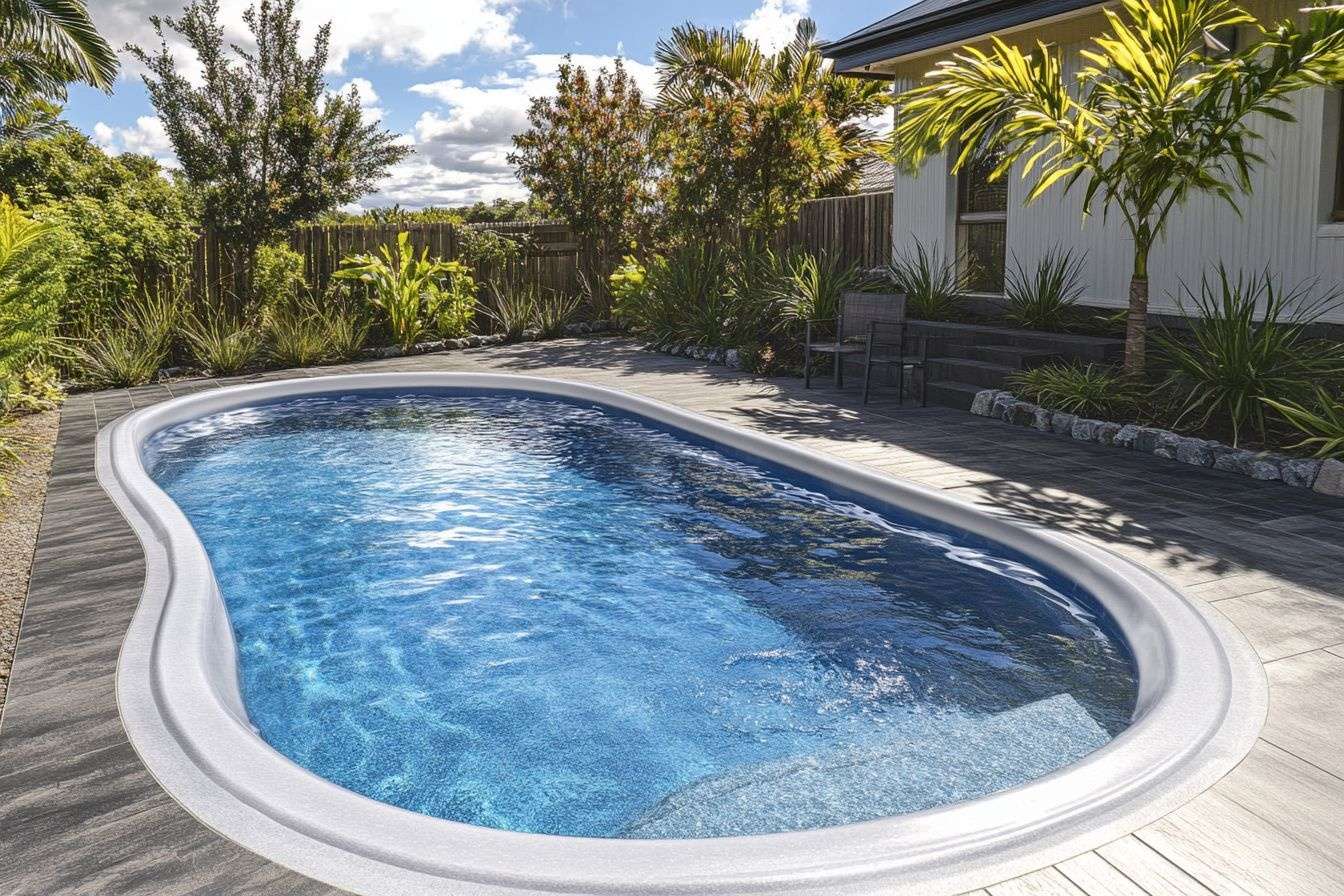How to find Pool Installation Services Company
Installing a pool is a major investment — and getting it right means more than just picking a design. From choosing qualified contractors to understanding costs and timelines, this guide walks you through everything you need to know before breaking ground. Make informed decisions and build a pool that lasts.

What experience and qualifications matter most when hiring a pool installer?
When selecting a pool installation company, experience and qualifications should be at the top of your checklist. Look for contractors with a proven track record in the industry, ideally with at least 5-10 years of experience. Certified pool builders who are members of professional organizations like the Association of Pool & Spa Professionals (APSP) or the Pool & Hot Tub Alliance (PHTA) demonstrate a commitment to industry standards and ongoing education.
Additionally, ensure the company holds proper licensing and insurance as required by your state or local jurisdiction. This protects you from liability and ensures the contractor meets minimum competency standards. Ask for references and examples of completed projects similar to your desired pool type to gauge their expertise in specific designs or materials.
How can real customer feedback help you avoid poor workmanship?
Customer reviews and testimonials are invaluable resources when vetting pool installation companies. While a company’s website may showcase their best work, independent review platforms like Yelp, Google Reviews, or the Better Business Bureau provide a more balanced perspective on their performance.
Pay attention to recurring themes in customer feedback, both positive and negative. Look for comments about the company’s communication, adherence to timelines, problem-solving skills, and overall quality of work. Be wary of companies with numerous complaints about unfinished projects, hidden costs, or poor customer service. Reach out to previous clients if possible to ask about their experience and whether they would recommend the installer.
What’s typically included in a professional pool installation quote?
A comprehensive pool installation quote should provide a detailed breakdown of all costs associated with your project. This typically includes:
-
Excavation and site preparation
-
Pool shell construction or installation
-
Plumbing and electrical work
-
Filtration and pump systems
-
Decking or patio installation
-
Safety features (fencing, covers)
-
Landscaping and finishing touches
-
Permits and inspections
-
Labor costs
Be cautious of quotes that seem unusually low, as they may not include all necessary components or may use lower-quality materials. Ask for clarification on any items you don’t understand and ensure the quote specifies the brands and models of equipment to be used.
Why is understanding the local climate key to choosing the right pool type?
The climate in your area plays a significant role in determining the most suitable pool type and features for your property. In regions with harsh winters, inground pools may require special winterization procedures or even a pool cover to protect against freezing temperatures. Conversely, areas with year-round warm weather might benefit from energy-efficient pool designs that minimize evaporation and heat loss.
Consider factors such as average temperatures, rainfall, and humidity levels when selecting pool materials and finishes. For example, certain types of stone decking may become slippery in humid climates, while darker pool finishes can help absorb and retain heat in cooler regions. A knowledgeable local pool installer should be able to recommend designs and materials that work best in your specific climate conditions.
What unique considerations apply to pool installation in the United States?
In the United States, pool installation is subject to various regulations and best practices that can vary by state and even municipality. Many areas require safety features such as fencing or self-latching gates to prevent accidental drownings. Some regions also have specific energy efficiency standards for pool equipment to reduce environmental impact and operating costs.
Water conservation is another important factor, especially in drought-prone areas like California or the Southwest. Pool installers in these regions may recommend features like automatic covers or advanced filtration systems to minimize water loss and chemical usage. Additionally, some areas may have restrictions on pool size or placement due to zoning laws or environmental concerns, so it’s essential to work with a contractor familiar with local regulations.
What timeline and maintenance requirements can you expect after installation?
| Phase | Typical Duration | Key Activities |
|---|---|---|
| Planning and Design | 2-4 weeks | Site assessment, design approval, permits |
| Excavation and Shell Installation | 1-2 weeks | Digging, shell placement, plumbing rough-in |
| Deck and Finishing | 2-4 weeks | Decking installation, landscaping, final touches |
| Total Project Timeline | 4-10 weeks | Varies based on complexity and weather |
Prices, rates, or cost estimates mentioned in this article are based on the latest available information but may change over time. Independent research is advised before making financial decisions.
After installation, regular maintenance is crucial to keep your pool safe and enjoyable. Typical maintenance tasks include:
-
Daily: Skimming debris from the surface
-
Weekly: Checking and adjusting chemical levels, cleaning filters
-
Monthly: Deep cleaning, inspecting equipment
-
Seasonally: Opening and closing procedures (in colder climates)
Many pool owners opt for professional maintenance services, which can cost $80-$150 per month on average. DIY maintenance can save money but requires time and knowledge to perform correctly. Your pool installer should provide a detailed maintenance guide and offer ongoing support or service packages to help you keep your new pool in top condition.
In conclusion, finding the right pool installation services company requires careful research and consideration of various factors, from qualifications and customer feedback to climate-specific design choices and long-term maintenance needs. By taking the time to thoroughly evaluate your options and understand the process, you can ensure a smooth installation experience and years of enjoyment from your new pool.




